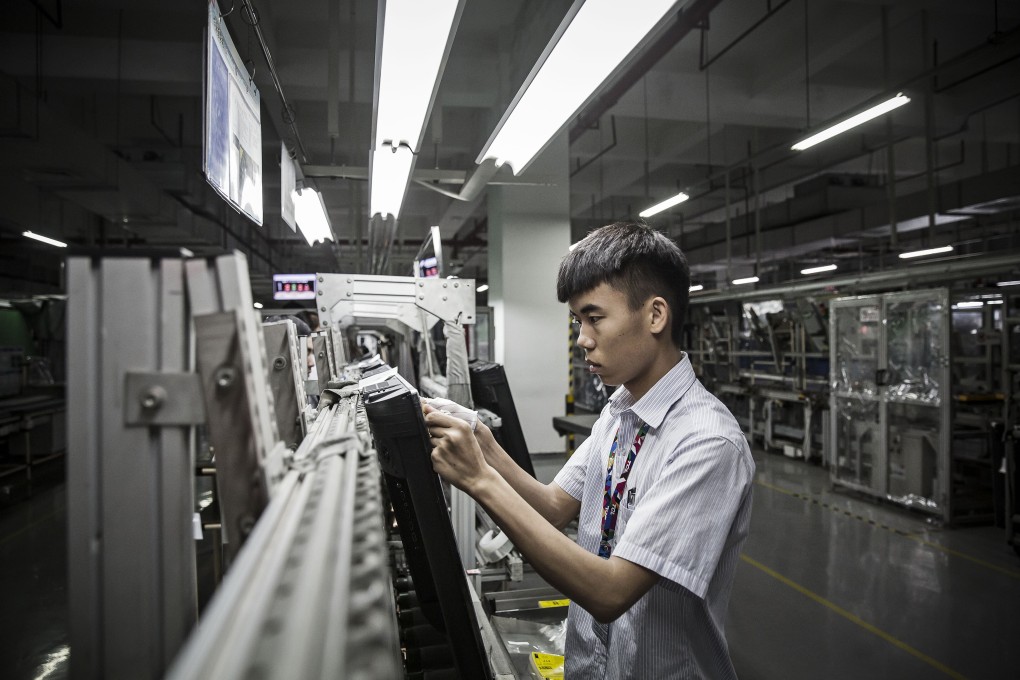Advertisement
From iPhones to Australian wool, China’s energy crisis is starting to pinch the global economy
- The knock-on impact to supply chains from China’s energy crisis could crimp a global economy struggling to emerge from the pandemic
- The electricity crunch is starting to be felt in industries ranging from farming to semiconductor and car production
Reading Time:3 minutes
Why you can trust SCMP
2

The hit from China’s energy crunch is starting to ripple throughout the globe, hurting everyone from Toyota Motor to Australian sheep farmers and makers of cardboard boxes.
Not only is the extreme electricity shortage in the world’s largest exporter set to hurt its own growth, the knock-on impact to supply chains could crimp a global economy struggling to emerge from the pandemic.
The timing could not be worse, with the shipping industry already facing congested supply lines that are delaying deliveries of clothes and toys for the year-end holidays. It also comes just as China starts its harvest season, raising concerns over sharply higher grocery bills.
Advertisement
“If the electricity shortages and production cuts continue, they could become yet another factor causing global supply-side problems, especially if they start to affect the production of export products,” said Louis Kuijs, senior Asia economist at Oxford Economics.

04:01
Chinese manufacturing thrown into disarray as country's electricity crisis rolls on
Chinese manufacturing thrown into disarray as country's electricity crisis rolls on
Economists have already warned of slower growth in China. At Citigroup, a vulnerability index indicates that exporters of manufacturers and commodities are particularly at risk to a weakening Chinese economy. Neighbours like Taiwan and Korea are sensitive, as are metal exporters such as Australia and Chile, and key trading partners such as Germany are also somewhat exposed.
Advertisement
Advertisement
Select Voice
Select Speed
1.00x